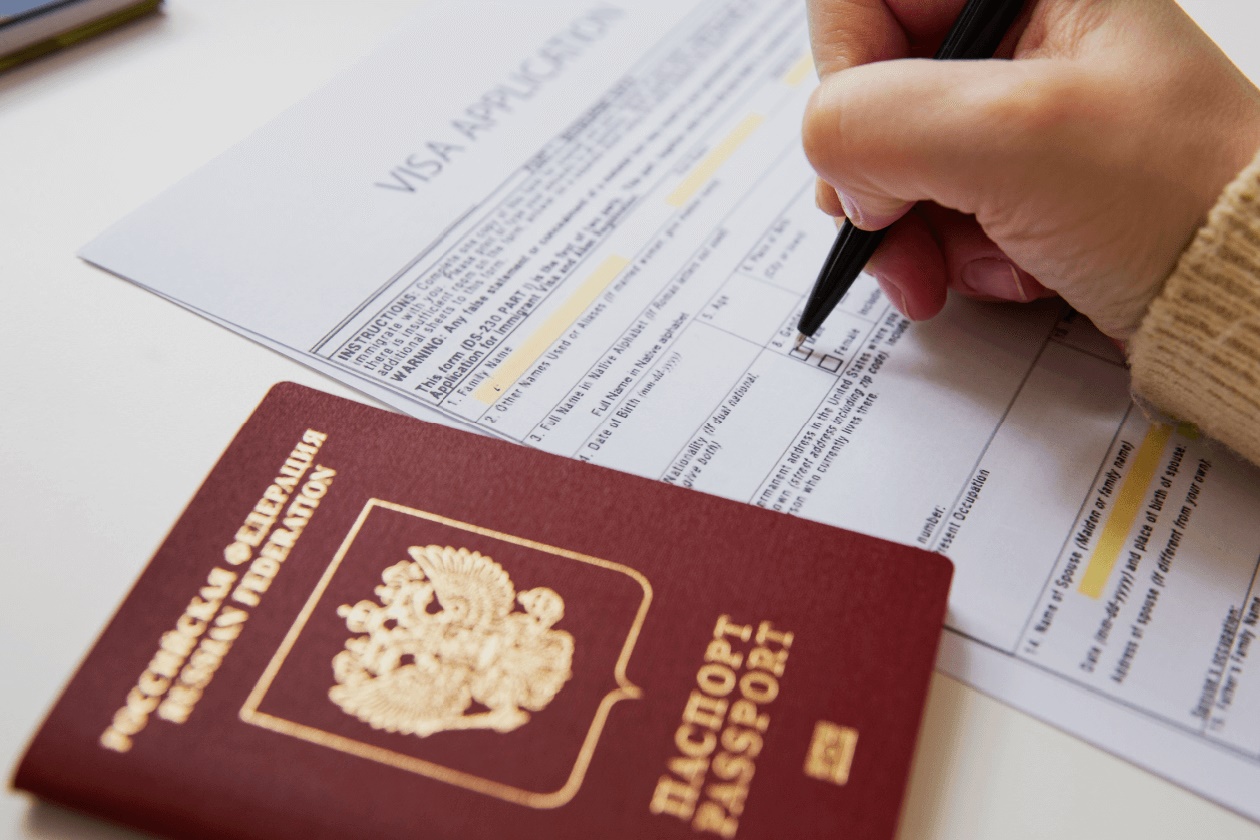Understanding the Non-ECR Category in Indian Passports

Traveling abroad can be exciting, but understanding passport categories is crucial. If you're an Indian citizen planning international trips, you might have come across the term Non-ECR in your passport. But what does it mean? Non-ECR stands for "Non-Emigration Check Required." This category is for individuals who meet specific educational or financial criteria, allowing them to travel freely to certain countries without needing additional checks. It's a significant advantage for those who frequently travel for work or leisure. Knowing whether you fall under the Non-ECR category can save time and hassle at immigration. Understanding this classification helps ensure smoother journeys and fewer surprises at the airport. Whether you're a seasoned traveler or planning your first trip abroad, knowing your passport's status is essential for a stress-free experience.
What is the Non-ECR Category in Indian Passports?
The Non-ECR (Emigration Check Required) category in Indian passports is for individuals who have completed a certain level of education or meet specific criteria, allowing them to travel abroad without needing emigration clearance. This category simplifies international travel for many Indians, especially those seeking employment or education opportunities overseas.
Who Qualifies for a Non-ECR Passport?
Not everyone qualifies for a Non-ECR passport. Certain criteria must be met to be eligible. Here are some of the key qualifications:
Educational Qualifications: Individuals who have passed their 10th-grade exams or higher are eligible. This educational benchmark ensures that travelers have a basic level of education.
Income Tax Payers: Those who pay income tax in India and can provide proof of their tax payments are eligible. This shows financial stability and responsibility.
Government Employees: Current and retired government employees, including their spouses and children, automatically qualify for Non-ECR status.
Professionals: Doctors, engineers, chartered accountants, and other professionals with recognized qualifications can apply for a Non-ECR passport.
Minors and Senior Citizens: Children below 18 and adults over 50 years of age are generally exempt from the ECR requirement.
Benefits of Having a Non-ECR Passport
Holding a Non-ECR passport comes with several advantages, especially for frequent travelers. Here are some of the benefits:
Ease of Travel: Non-ECR passport holders can travel to certain countries without needing additional emigration checks, making the travel process smoother.
Employment Opportunities: Those seeking jobs abroad, particularly in Gulf countries, find it easier to secure employment without the hassle of emigration clearance.
Educational Pursuits: Students planning to study overseas can benefit from quicker processing times and fewer bureaucratic hurdles.
Faster Processing: Non-ECR applications are often processed faster, reducing wait times for passport issuance.
Less Paperwork: With fewer documents required for travel, Non-ECR passport holders enjoy a streamlined travel experience.
How to Apply for a Non-ECR Passport?
Applying for a Non-ECR passport involves a few straightforward steps. Here’s a quick guide:
Gather Required Documents: Collect educational certificates, income tax returns, or any other documents proving eligibility.
Fill Out the Application: Complete the passport application form online or offline, ensuring all details are accurate.
Schedule an Appointment: Book an appointment at the nearest Passport Seva Kendra or Regional Passport Office.
Attend the Appointment: Bring all necessary documents and attend the appointment for verification and biometric data collection.
Track Your Application: Use the online tracking system to monitor the status of your passport application.
Common Misconceptions About Non-ECR Passports
Many people have misunderstandings about Non-ECR passports. Let’s clear up some of these misconceptions:
Only for the Wealthy: Some believe Non-ECR passports are only for the rich. In reality, they are accessible to anyone meeting the criteria.
Difficult to Obtain: While the process requires documentation, it is not overly complicated for those who qualify.
Limited to Certain Countries: Non-ECR passports are valid for travel worldwide, not just specific regions.
Permanent Status: Non-ECR status can change if circumstances change, such as a lapse in tax payments or employment status.
Automatic for All: Not everyone automatically qualifies; specific criteria must be met to obtain a Non-ECR passport.
Understanding Non-ECR Passports
Non-ECR passports simplify travel for many Indians. They allow holders to visit countries without needing additional clearance, making international trips smoother. This category is especially beneficial for professionals, students, and frequent travelers who need to move across borders without extra paperwork.
Knowing whether you qualify for a Non-ECR passport can save time and effort. It’s important to check eligibility criteria, such as educational qualifications or tax records, before applying. This ensures you have the right documentation ready.
For those planning to work abroad, understanding the difference between ECR and Non-ECR is crucial. It affects your ability to travel freely for employment.
In summary, Non-ECR passports offer convenience and fewer restrictions. They are a valuable asset for anyone looking to travel internationally with ease. Make sure to review your eligibility and apply accordingly to enjoy hassle-free travel experiences.

